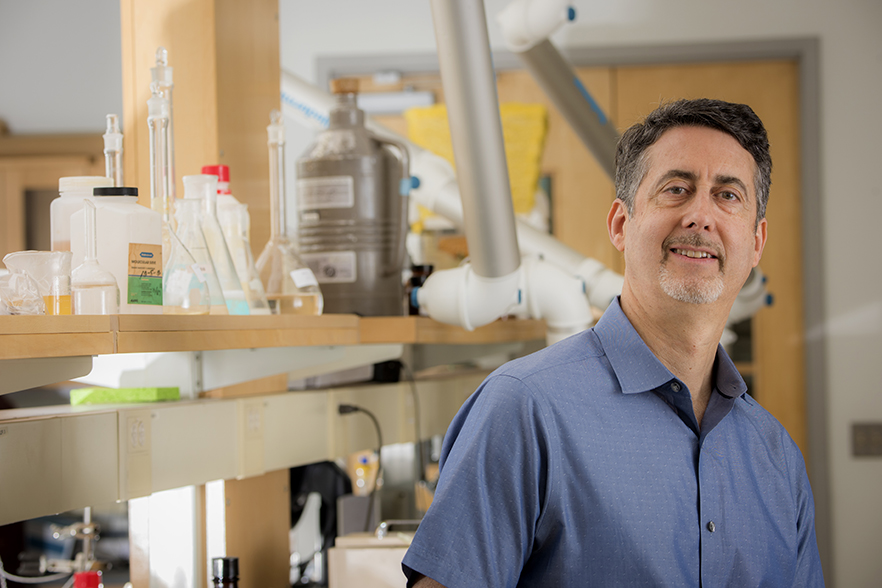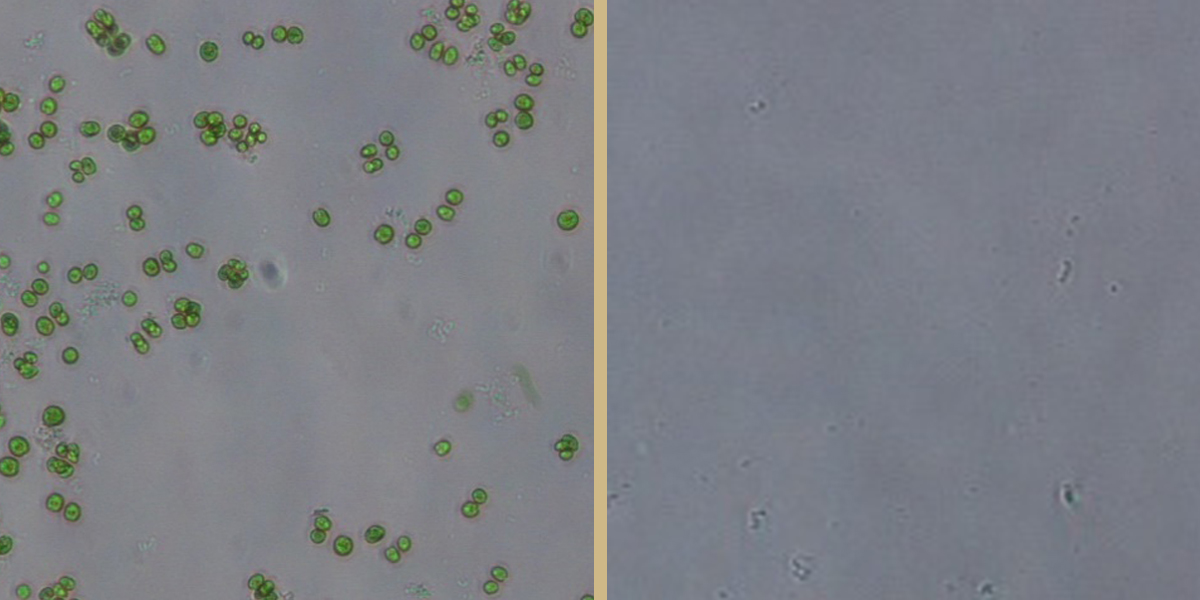
A Florida State University researcher and inventor has been elected as a Fellow of a prestigious national society in recognition of his contributions to the science and engineering of polymeric materials.
Joe Schlenoff, Robert O. Lawton Distinguished Research Professor of Chemistry and Biochemistry, is among three researchers elected for 2024 to the elite American Chemical Society Division of Polymeric Materials: Science and Engineering (ACS PMSE), an organization that fosters a community of polymer scientists and engineers equipped to solve global challenges through their research. Schlenoff is the first FSU faculty member to be granted this honor.
“I’m joining a distinguished group of scientists, and to be recognized in this way is a tremendous honor,” Schlenoff said. “My early education was in England, at the University of Bristol, where awards and prizes weren’t prioritized. Luckily, my colleagues have been persistent in pushing me to pursue awards, and I appreciate the recognition more than I thought I would. It’s rewarding to have colleagues nominate me and to have a selection committee merit me with this distinction.”
ACS, founded in 1876 and chartered by the U.S. Congress, is one of the world’s largest scientific organizations and works to advance the broader chemistry enterprise and its practitioners for the world’s benefit. PMSE, which has changed names over the years, celebrates its 100th anniversary this year.
Schlenoff, who also holds the Leo Mandelkern Professorship of Polymer Science, joined FSU’s faculty after earning his doctorate and finishing a postdoctoral appointment at the University of Massachusetts in 1987 and 1988, respectively. He leads the Schlenoff Group at FSU, which specializes in polymer and materials science research, and he served as chair of the Department of Chemistry and Biochemistry from 2007-2011.
“I used to make my own fireworks in the garden shed, and this childhood pyromania naturally led to chemistry,” said Schlenoff, who also served as senior editor for the ACS academic journal Langmuir. “In graduate school, plastics that can conduct electricity had just been discovered, and I was drawn to those magical materials. Now, much of my research involves polyelectrolytes.”
Most people are familiar with electrolytes, small, charged ions or molecules, such as salt. Polyelectrolytes are long molecules, or polymers, formed by repeating units of these charged molecules. They are water-soluble and found in food, cosmetics, shampoos and water treatment plants, among many other materials. The National Science Foundation has funded Schlenoff’s fundamental research on polyelectrolytes for decades.
“Polymers are crucial building blocks in the natural and synthetic world — the structure on the molecular scale determines the properties on a bulk scale,” Schlenoff said. “This gives chemists almost unlimited flexibility in creating new materials.”
According to Wei Yang, chair of the Department of Chemistry and Biochemistry, Schlenoff’s research is a perfect reflection of the department’s intellectual determination of pursuing deep innovation and in-depth understanding.
“Professor Schlenoff is a world-renowned expert in charged polymers and has been particularly recognized for creating, explaining and applying the concept of saloplastics in technology development,” Yang said. “Being elected as a Fellow of ACS PMSE further affirms his leadership position in this area and the importance of his seminal contributions.”
Before this election, Schlenoff was also named a Fellow of the National Academy of Inventors, which highlights academic inventors demonstrating an innovative spirit in creating or facilitating work creating a tangible impact on the quality of life, economic development and welfare of society.
Schlenoff, who has patented 42 technologies during his career, and his group have also engineered a robot that dips microscope slides into beakers sequentially to build up a thin film polymer, which is a necessary step in the production of high-quality microscope slides. Among his other patents, Schlenoff has developed wound dressings, water purification resins, and the world’s most effective drying agent known as desiccant, commonly found in silica gel packets used to reduce moisture in boxes containing electronics, shoe boxes, medicine bottles and more everyday products.
His recent work includes invention of an anti-fouling coating, zwitterglass, which when applied to ships’ hulls prevents plants, algae and marine animals like barnacles from attaching themselves to vessels and causing damage. This research, funded by the U.S. Office of Naval Research, also helps prevent the transfer and spread of invasive species by allowing vessels to navigate without unnecessary resistance and without the possibility of unknowingly introducing an invasive species into new environments.
“Invention and creation are forms of discovery,” Schlenoff said. “Because I work in the field of materials, these discoveries often have profound applications, and this field is currently experiencing a great convergence of interest from chemistry, materials science, biology, medicine and physics. I don’t know where the field will go, but I hope to be present for some of the upcoming ‘a-ha!’ moments.”
To learn more about Schlenoff’s research and chemistry at FSU, visit chem.fsu.edu.





